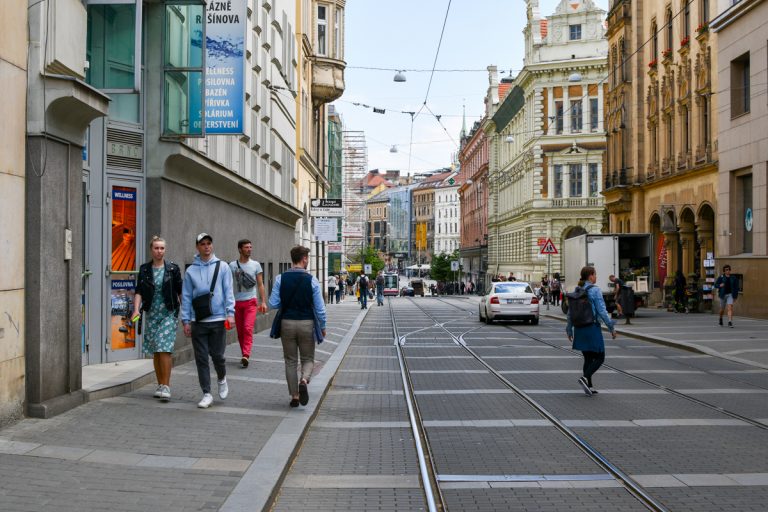The number of people in the Czech Republic in energy poverty, meaning they cannot afford to heat their home adequately, owe money on energy, or spend more than two-fifths of their net income on energy, has been increasing, according to the Poverty Watch 2024 report presented at a press conference yesterday.
There were about 770,000 such people in the country in 2020, while last year this figure rose to about 1.3 million, according to the report presented by representatives of the Czech office of the European Anti-Poverty Network (EAPN).
The report monitors the incidence of poverty and exclusion and the impact of social policies in each country and makes recommendations. It summarises the results of domestic analyses and studies since last autumn.
“We can say that the situation is getting worse every year,” said one of the report’s authors, Iva Kuchynkova from Caritas Czech Republic. “We wanted to point out that the data is alarming. More and more people are left without heat and light. They are going into debt, there are children in over-indebted families. It’s hard to help because the benefit system is not working, housing is not working, people are hanging around in shelters.”
This year’s report focuses on energy poverty, where households struggle to afford heating or hot water. According to one study, this affects people in the poorest fifth of households who cannot afford to heat their homes adequately, are in arrears to energy providers, or spend over a fifth of their net income on energy bills. In 2020, this concerned 440,000 households with 770,000 people. In 2023, it concerned 690,000 households and 1.3 million people living in them. The reasons are low earnings, high energy prices, and low energy efficiency, according to the report.
Another author of the report, Jiri Vraspir, noted a recent report on housing exclusion which found that more than half a million Czech households have excessive housing costs and spend over two-fifths of their income on them. Some 860,000 adults and children live in these families. There are 160,900 people, including 62,300 children, in housing need, either temporary housing, substandard housing or homelessness.
Former ombudsman Anna Sabatova said the results of the report are pessimistic. “All parameters have deteriorated and will continue to deteriorate. This is the result of long-standing bad policies where the basic parameters are unfairly set. Then they cut back on all areas that have an impact on poverty,” she said.
Former Social Democratic prime minister Vladimir Spidla said measures are set according to the idea that poverty is caused by human failure and that benefits are abused. The real value of the subsistence minimum has fallen significantly in recent years due to high inflation, so the amount set is not fulfilling its function, Spidla pointed out.
The Czech EAPN network recommends the adoption of a law on housing support and modification of the rules for entitlement to state aid after the review of benefits, where four existing allowances are to be replaced by one. A decent income is also needed to provide for families, Kuchynkova said.
This year’s report also focuses on migration, employment of foreigners and long-term care for the needy. The findings were discussed yesterday by representatives of several organisations, the Ministry of Labour, the Prague City Hall and academics.







